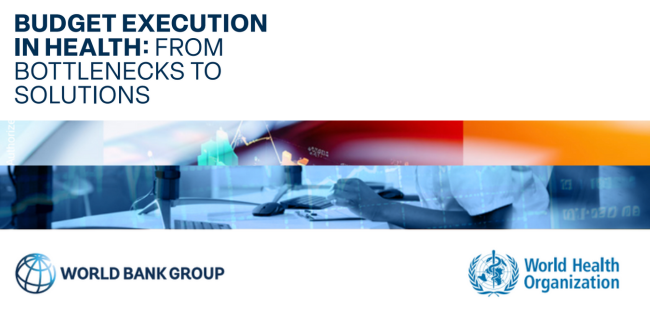A new joint report by the World Health Organization (WHO) and the World Bank sheds light on a critical but often overlooked issue in global health financing: budget execution. Titled Budget Execution in Health: From Bottlenecks to Solutions, the report examines how inefficiencies in public financial management hinder the effective use of health budgets, affecting service delivery and progress toward Universal Health Coverage (UHC).
The report analyses data from 91 countries, revealing that many low- and middle-income countries (LMICs) underspend their health budgets by an average of 13%, while high-income countries face overspending issues. Other challenges include declining execution rates, variability in spending, and underfunding of essential goods and services.
To address these issues, the report outlines a four-step diagnostic approach, guiding policymakers in identifying budget execution problems and implementing tailored policy solutions. It also calls for greater collaboration between ministries of finance, health, and local governments to strengthen budget management.
By improving budget execution, countries can enhance healthcare efficiency, ensure timely delivery of services, and secure more sustainable health financing. The WHO-World Bank initiative aims to support governments in adopting strategic reforms to maximise the impact of their health budgets.


